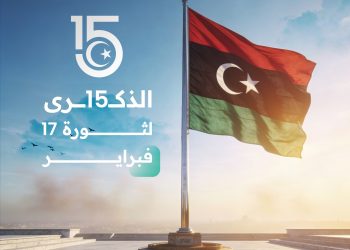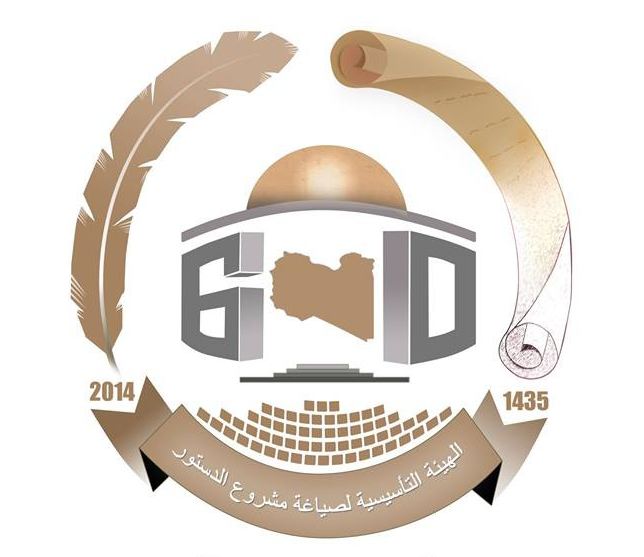By Libya Herald staff.
10 September 2014:
The Algerian government has said emphatically that it does not support intervention by the international community . . .[restrict]in Libya but that it is working in partnership with Libya’s neighbours to launch a national dialogue between warring factions.
There are indications, however, that Algeria is still evaluating different policies towards Libya.
There are reports in Algeria that it is looking at working with Turkey and Qatar to enable the Muslim Brotherhood to deal with the more radical Islamists.
At the same time, the Algerian authorities are reportedly being asked by France, the US and Egypt to help in cracking down on the militants.
According to usually authoritative, government-controlled Algerian daily, El Watan, Algiers is working with Ankara and Doha to exploit the split that has occurred between the Brotherhood in Libya and radicals such as Ansar Al-Sharia. Equally, the paper says, the Algerian government does not go along with the Egyptian government’s support for Khalifa Hafter and Operation Dignity because it has achieved nothing so far.
There have been meetings between the Algerians and Brotherhood figures as part of Algeria’s developing Libya policy. These have included Rached Al-Ghanouchi who heads the Tunisian Muslim Brotherhood’s political wing, the Ennahda party.
He met with President Abdelaziz Bouteflika to discuss Libya just over a fortnight ago. Both agreed that they were against any form of foreign intervention in Libya, stating that they wished to see reconciliation and consensus among all Libya factions. The two went so far as to condemn international intervention as a means of regulating political and security crisis.
Libya’s Al-Watan party president, Abdulhakim Belhaj, is also reported to heading to Algiers for talks.
However, earlier this week, Turkey’s Anadolu Agency reported that it had been told that the US and France had both asked Algeria “to open its airspace to surveillance planes and other military planes transferring commando units for a reconnaissance mission in parts of Libya”.
Reports last month, moreover, suggested that Algeria was collaborating closely with Egypt on Libya and had been involved in the aerial attack on Operation Libya Dawn forces in Tripoli.
France’s Chief of Staff, General Pierre de Villiers, is due in Algiers in Saturday for talks and, despite comments to the contrary by Algerian Foreign Minister Ramtane Lamamra, it is widely believed that Libya will be a main subject of discussion, particularly after the call by French Defence Minister Jean-Yves Le Drian published by Le Figaro on Tuesday for international action on Libya and his suggestion that Algeria is one of the key military player in north Africa.
“This (diplomatic and political action) must be a collective action, and clearly must be done primarily with Libya’s neighbours — I am thinking of Egypt, Algeria and the countries south of Libya,” he said in the interview.
Algerian leaders have engaged in discussions on the situation in Libya with other regional figures over the past few days, including President of the Arab Parliament Ahmed bin Mohammed Al-Jarwan, and Tunisian President Moncef Marzouki.
In a meeting with the Jarwan on Wednesday, the head of the Algerian parliament, Mohammed Al-Arabi Walid Khalifa, was firmly against any action in Libya of the sort suggested by the French Defence Minister.
“Algeria rejects any foreign interference in the internal affairs of the state,” the Algerian parliament head said, “as it always has negative consequences”.
But Algeria would support efforts to create dialogue in Libya in order to preserve the nation’s unity and autonomy, he said.
On Monday, before the French Minister’s comments became public, Algerian Prime Minister Abdulmalek Salah met with Tunisian President Moncef Marzouki in Tunis and both agreed that they would not participate in any military action in neighboring Libya. However, Algeria would «pursue efforts with Tunisia and other neighbouring countries to ensure the return of stability in Libya”, said Sellal without disclosing what those efforts would be.
Algerian Foreign Minister Lamamra has also spoken of the need for dialogue in Libya, stating that there are plans to help bring that about. What was not needed, he insisted, was military intervention in the country. However, although he claimed that the visit by the French Chief of Staff was not connected to the situation in Libya, he admitted that the two have been discussing it. [/restrict]







